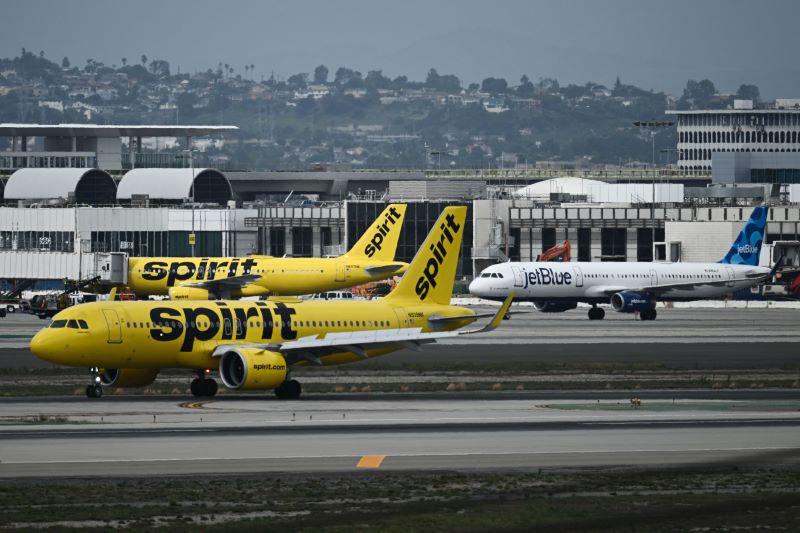Spirit-Proposed Clause Voiced NEA Concerns, Helped Firm JetBlue Offer

Credit: PATRICK T. FALLON / AFP / Getty Images
BOSTON—In countering an initial merger proposal, Spirit Airlines asked that JetBlue Airways commit to do “everything within their power” to achieve regulatory approval—“up to and including the abandonment of the Northeast Alliance” (NEA) with American Airlines. The ask was outlined under what Spirit...
Subscription Required
Spirit-Proposed Clause Voiced NEA Concerns, Helped Firm JetBlue Offer is published in Aviation Daily, an Aviation Week Intelligence Network (AWIN) Market Briefing and is included with your AWIN membership.
Already a member of AWIN or subscribe to Aviation Daily through your company? Login with your existing email and password
Not a member? Learn how to access the market intelligence and data you need to stay abreast of what's happening in the air transport community.





